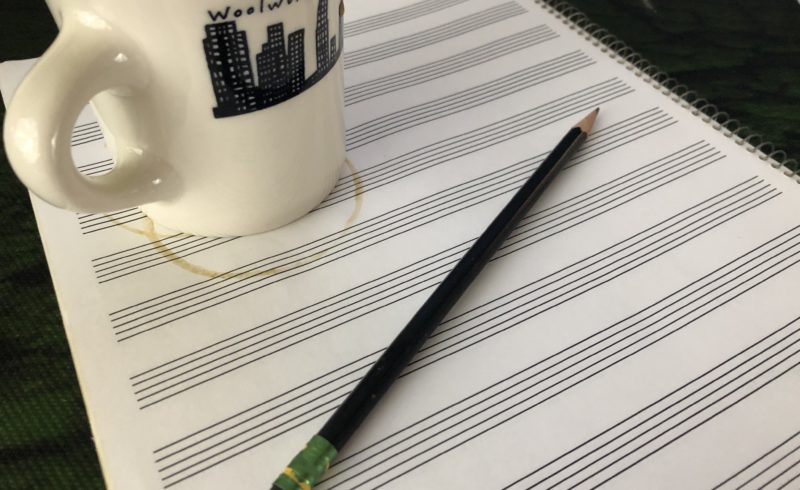
Olivia Rodrigo’s debut record was about as big a deal in my house as any release in a long time. Drivers License had worn out its welcome, and Good 4 You, which was 10x better in every way, was all I heard for a week. Then I thought about the Paramore song and imagined, “I’ll have to write this up at some point.” And indeed, here we are.
I’m sometimes asked “Where’s the line between influence and infringement?” And most of the times, I respond by asking, “Why here are we assuming influence at a minimum, when they might not have been influenced at all?”
This is perhaps a time when the question is appropriate.
Wanna hear both?
Last week, Paramore was given a songwriting credit for Good 4 You; I don’t know what led to it, apart from public outcry. And I don’t know the specific details, what kind of credit, what’s it worth, etc? I don’t know.
My first take: it’s great that Rodrigo gave them credit. It’s great that they took it. It’s great that this didn’t turn into a legal battle. And it’s great that people correctly noticed a bunch of similarities.
We always need to think about copyright having a purpose. Its purpose guides the way we interpret the laws. Yes, we want to protect the rights of creatives to their intellectual property — that’s part of their reward for giving us the fruits of their creativity. But we don’t want to go overboard; to protect prior works to such an extreme that we discourage others from creating something measurably similar. In super simple terms, we want the creative artist, to be able to create something new that perhaps close, just not too close for too long, to something someone else rightly owns.
George Harrison ripped off “He’s So Fine.” He didn’t mean to. But he did. I’d also say Ed Sheeran ripped off “Amazing” when he wrote “Photograph.” I don’t think he meant to, either. These things happen by accident now and again.
Olivia probably “ripped off” Paramore depending on what you think “ripped off” means. “Good 4 You” is not a copy of “Misery Business” but it has lots of its features. The thing is, we WANT “Good 4 You” to be written. “Good 4 You” is a pretty awesome song. “Misery Business” meanwhile is not diminished by it. It’s an awesome song too.
“Not being diminished” doesn’t mean they can’t be a little like, “c’mon now!”
There are a ton of similarities. But although I haven’t sat down and looked very carefully, I’d say the sum of them doesn’t add up to “too much” copying, but it’s close, and it might certainly point pretty readily to inspiration and influence (neither illegal). Rodrigo was four when “Misery Business” was a hit. Was she ever even familiar with it. Maybe her parents played it around the house. That’s the stuff of cryptomnesia.
As a forensic musicologist, if I were looking at this closely, a question I would ask is, “Does “Good For You” dictate we believe that Rodrigo and her co-writers likely heard Misery Business first and then consciously or unconsciously copied it?” And I have NOT looked at it closely, but this is not one of my “gimme three minutes” situations. This one is worth taking your time. It’s certainly not nothing. But, a smoking gun? This one would require research and thought. We have in “Good For You” a legit constellation of similarities. And I’ll reserve judgment on whether that constellation is substantial or not.
Does Rodrigo’s giving credit to Paramore mean she’s admitting anything? It shouldn’t. Does it even mean she agrees they sound too much alike to be coincidental? No. It could just mean she’s nice. And Paramore perhaps was nice back.